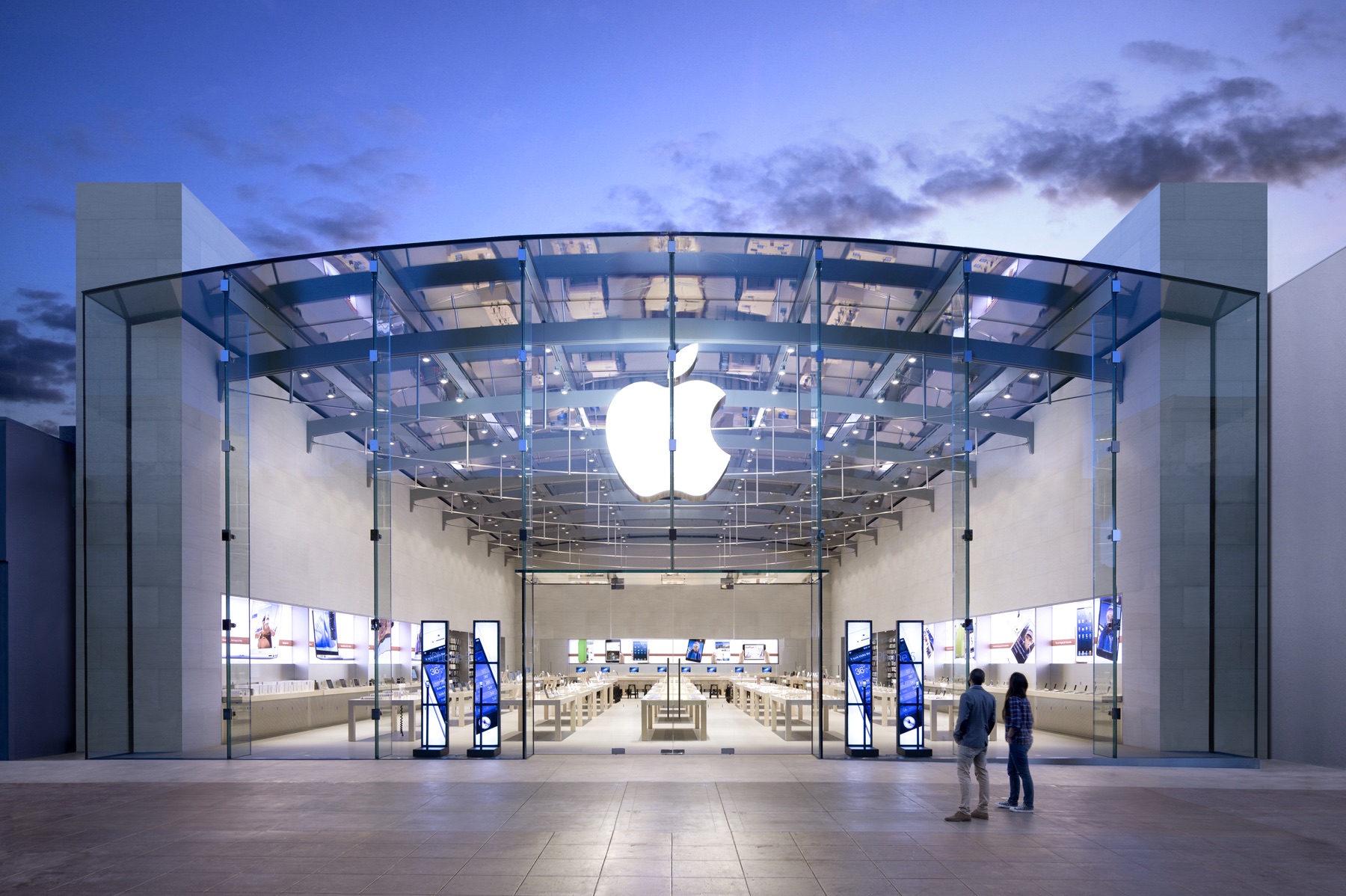Apple fined £1bn ($1.2bn) by French antitrust regulator
Anticompetitive practices were based on abusing the economic dependence of SMBs and led to effective price fixing


The French competition regulator has fined Apple a record €1.1 billion (£1 billion/ $1.2bn) after the firm and two of its wholesalers illegally agreed not to compete on prices and distribution.
Tech Data and Ingram Micro, two of Apple’s wholesalers, received fines of €76.1 million (£69.2 million/ $75.9 million) and €62.9 million (£57.2 million / $69 million) respectively, in addition to the billion-pound-plus fine handed to Apple.
The French Competition Authority found the iPhone manufacturer guilty of running cartels within its distribution network and exploiting the economic dependence of resellers, largely small and medium-sized businesses. These practices were implemented for the distribution of products in France, such as iPads, but not iPhones.
“Apple and its two wholesalers agreed not to compete and prevent distribution from competing with each other, thereby sterilising the wholesale market for Apple products,” said the president of the French Competition Authority Isabelle de Silva.
The record fine, according to the regulator, was in light of the fact the agreements that Apple made with its wholesalers amounted to price-fixing. Apple and its two wholesalers agreed not to compete and prevented distributors from competing with each other.
So-called premium distributors could then not carry out promotions or lower prices, which led to an alignment of retail prices between Apple’s integrated distributors and independent resellers.
Selling prices were effectively imposed on resellers so that they apply the same prices as those charged by Apple itself in its Apple Stores and websites, meaning an alignment was true for half of the retail market.
Sign up today and you will receive a free copy of our Future Focus 2025 report - the leading guidance on AI, cybersecurity and other IT challenges as per 700+ senior executives
The latest crackdown by French authorities follows action taken in February this year, where it fined apple €25 million (£22.7 million) over malpractice regarding its software updates, which were ruled to have slowed own older iPhones deliberately.
The was also forced to pay out $500 million (£406 million) for the same offence following a US lawsuit that was settled two weeks ago.

Keumars Afifi-Sabet is a writer and editor that specialises in public sector, cyber security, and cloud computing. He first joined ITPro as a staff writer in April 2018 and eventually became its Features Editor. Although a regular contributor to other tech sites in the past, these days you will find Keumars on LiveScience, where he runs its Technology section.

